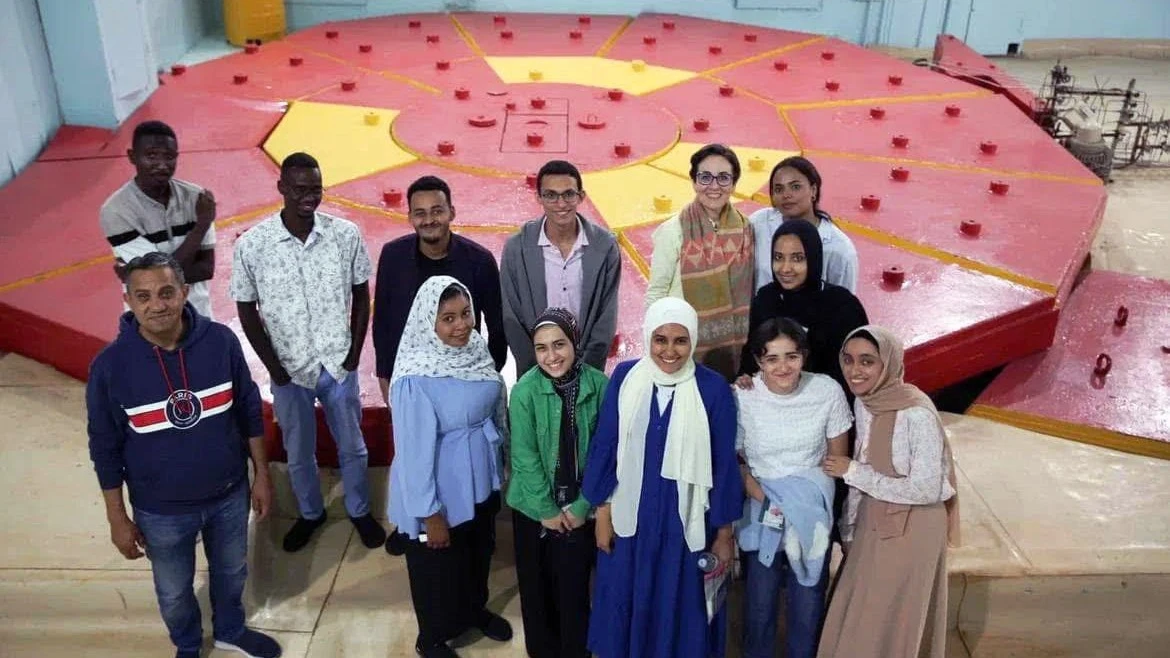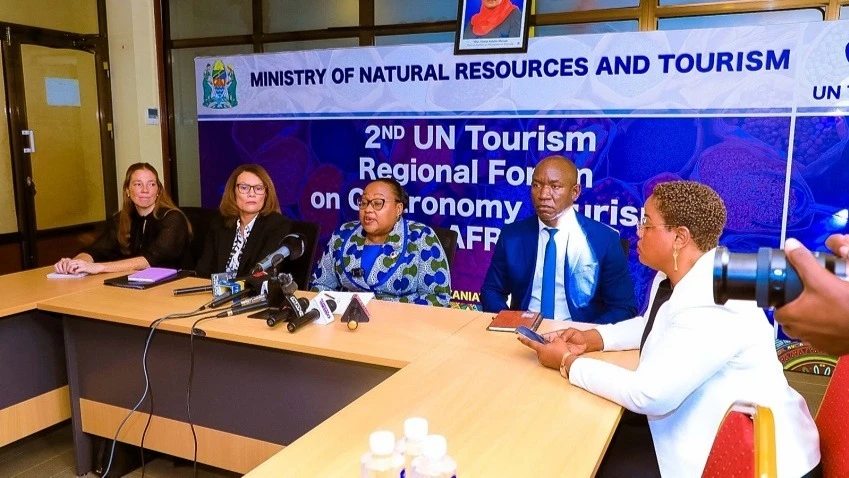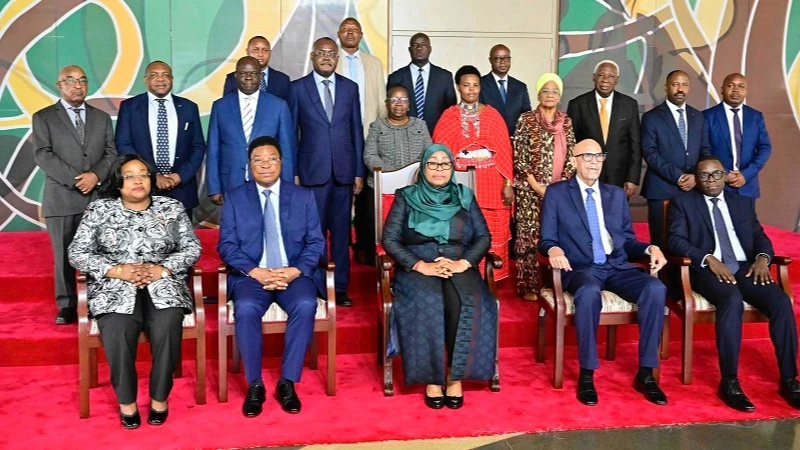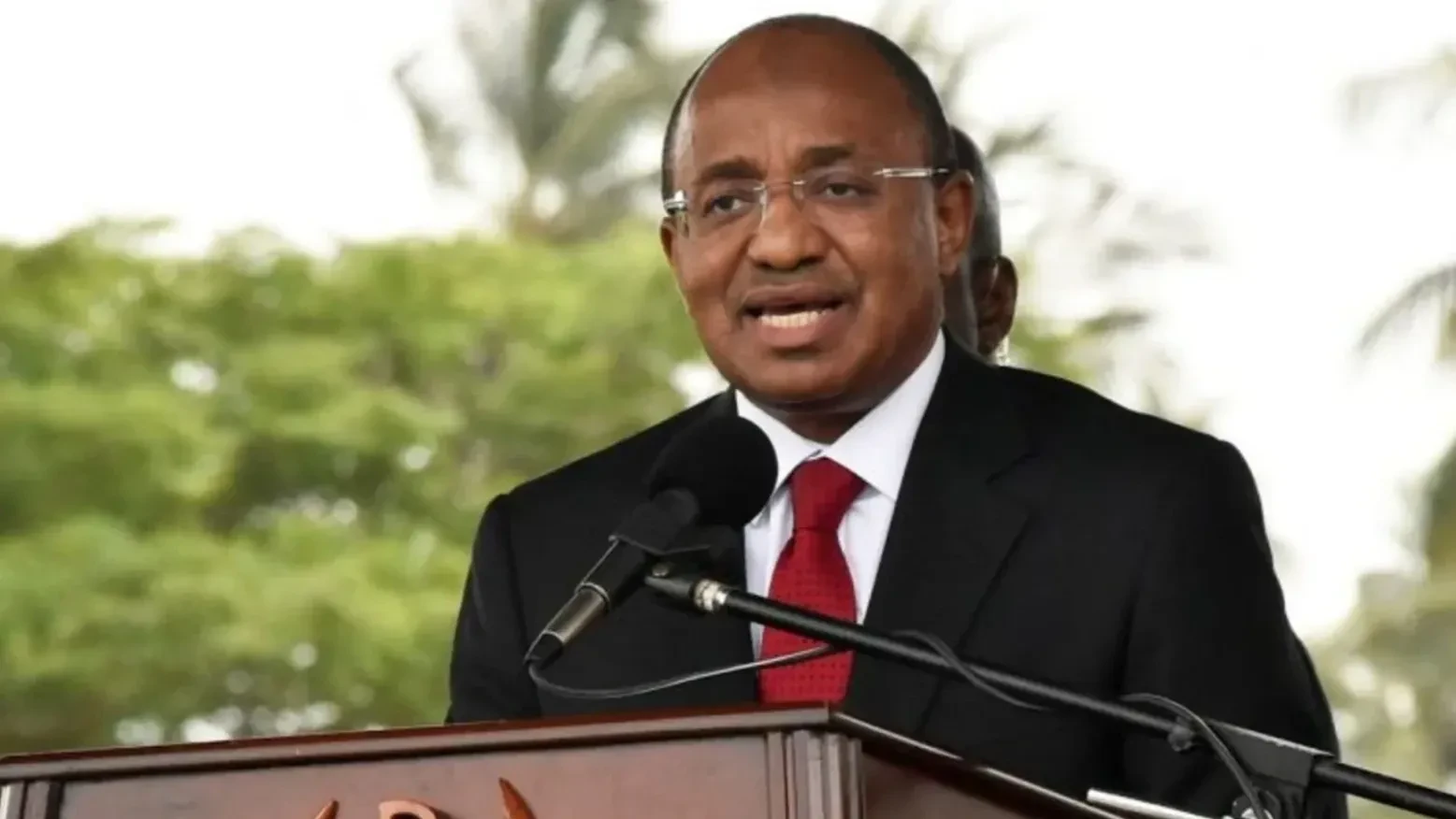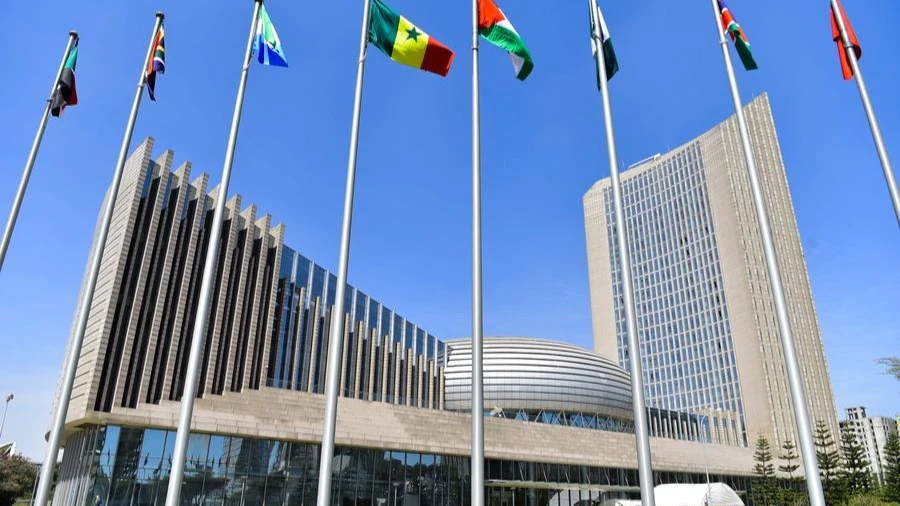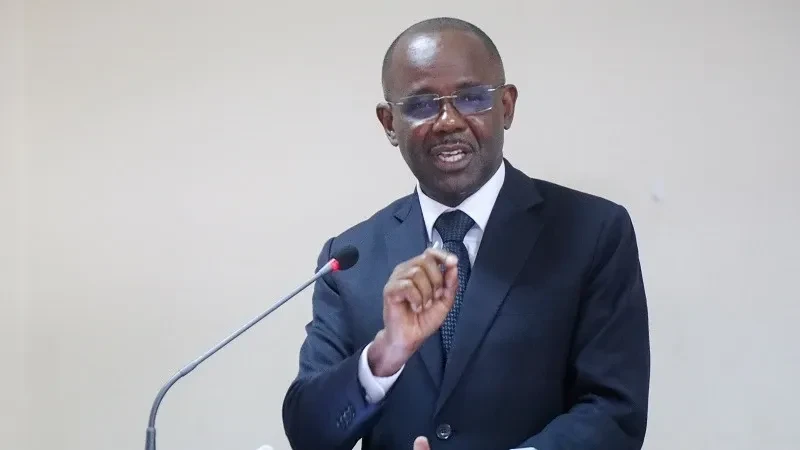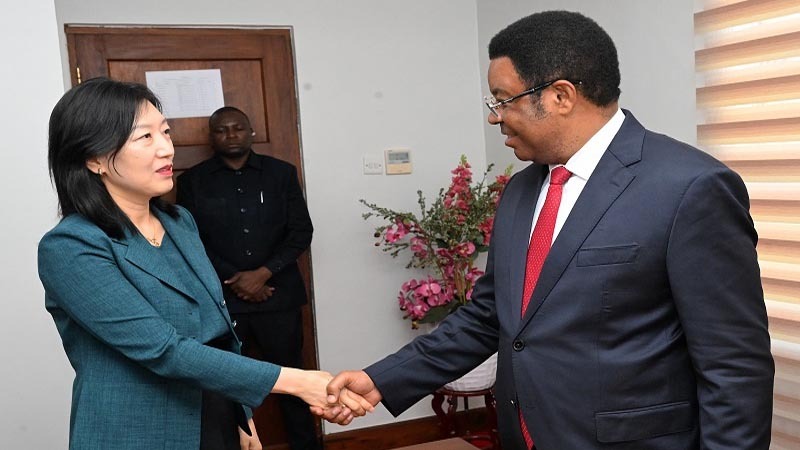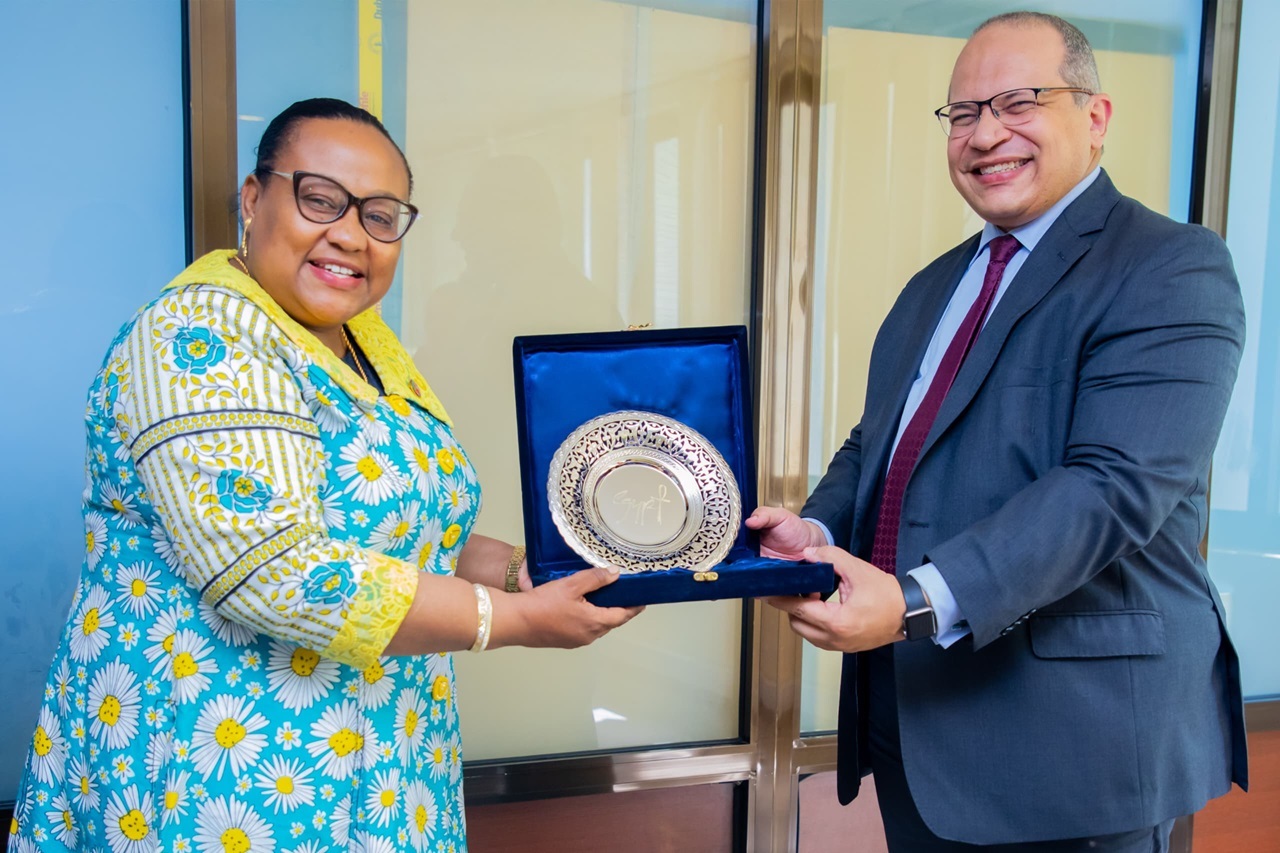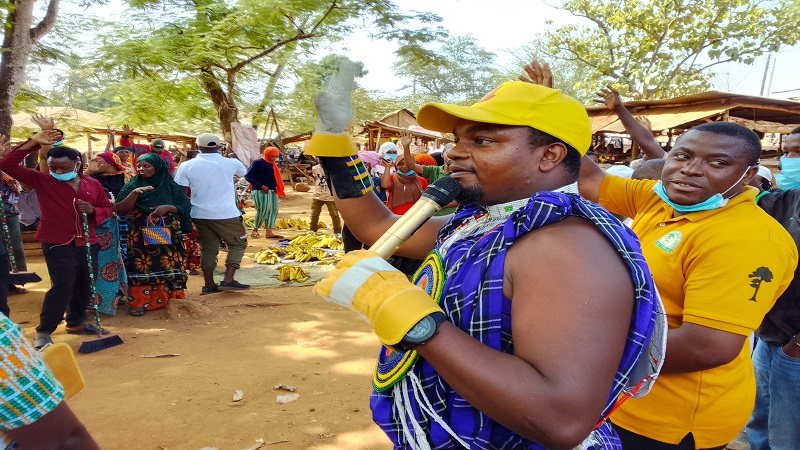UNICEF: Tanzania makes notable progress in birth registration levels
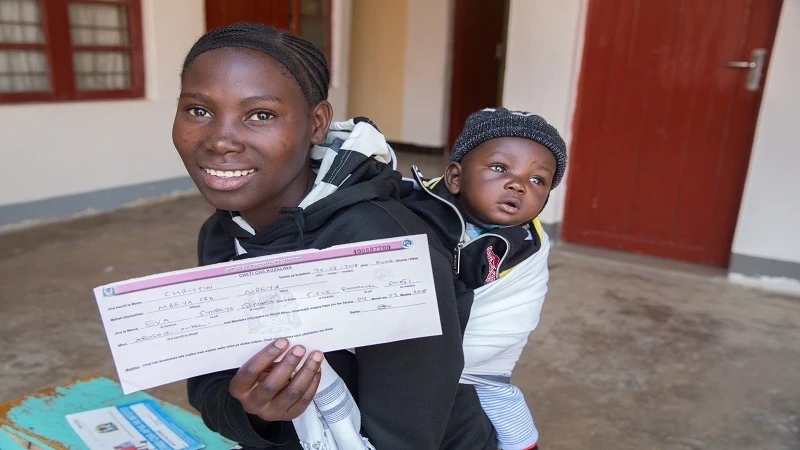
IN Tanzania, the Law of the Child Act (R.E. 2019) provides, among other things, for the child’s right to name and nationality. Section 6(1) provides that: “A child shall have a right to a name, nationality and to know his [or her] biological parents and extended family.” Besides this, subsection (3) establishes the responsibility of each parent or guardian to register the birth of his [or her child] to the Registrar-General.
At global level, Article 7(1) of the Convention on the Rights of the Child (1989) states that “The child shall be registered immediately after birth and shall have the right from birth to a name, the right to acquire a nationality and as far as possible, the right to know and be cared for by his or her parents.”
Sub-article (2) mandates States Parties to the Convention to ensure the implementation of these rights in accordance with their national laws and their obligations under relevant international instruments.
At regional level, Article 6(2) of the African Charter on the Rights and Welfare of the Child (1990) provides that “Every child shall be registered immediately after birth.” Birth registration for all children appears also in the eight priority initiatives – ‘An Africa Fit for Children’ of Agenda 63: ‘The Africa We Want’.
Therefore, birth registration is universally recognised as the child’s right and each member country has to ensure a child is duly registered after birth. UNICEF has surveyed some world countries to determine their birth registration trends.
In its report titled “The Right Start in Life: Global levels and trends in birth registration 2024 update” it says in April 2023 the Human Rights Council adopted Resolution A/HERC/RES/52/25 stressing the importance of universal, accessible and non-discriminatory birth registration to prevent children from exclusion and protect them against statelessness.
“The resolution encourages legal and administrative reforms to remove barriers to registration and improve accessibility, including leveraging health and social protection systems to boost registration coverage,” the report says. It adds that 53 million infants across the world lack a birth certificate.
This, the report notes, includes 37 million babies, who are unregistered and 16 million, whose births are reported as registered, but who lack proof in form of a birth certificate. This, according to the report, translates into about 3 in 10 infants worldwide have not been registered, and 4 in 10 infants do not possess a birth certificate. Moreover, it says more than 8 in 10 unregistered infants live in sub-Saharan Africa and Southern Asia.
UNICEF attributes low levels of birth registration in some parts of the world to lack of knowledge about the registration process, among other factors. It says in 51 countries with available data, the majority of mothers or caregivers (53 percent) of unregistered children say they lack knowledge of how to register a child’s birth.
“The other half (47 percent) of mothers/caregivers are aware of the birth registration process, suggesting other barriers to registration.”
UNICAF acknowledges that over the last 15 years, there has been a steady increase in birth registration levels globally. “However, progress has slowed over the last decade, and would need to be 5 times faster than it has been over the last decade for the world to achieve the sustainable development goal (SDG) target of universal birth registration by 2030.” Target 16.9 states “By 2030, provide legal identity for all, including birth registration.”
In sub-Saharan Africa, the report says the number of unregistered children could surpass 100 million after 2030 if prevalence levels remain as they are today. With sustained progress, the region could reduce the number of unregistered children in 2050 by nearly half. “Accelerated progress could mean 68 million fewer unregistered children than there are today.”
According to UNICEF, three policy-driven, evidence-based strategies —interoperability, decentralisation and digitalisation—have advanced birth registration by embedding it within essential public services, making the birth registration process more accessible.
In sub-Saharan Africa, UNICEF surveyed Côte d’Ivoire, Sierra Leone, Rwanda, Tanzania, Burundi, Chad and the Democratic Republic of Congo (DRC) – all of which have recorded progress in their children’s birth registration processes.
In Tanzania in particular, UNICEF says the government’s Registration Insolvency Trusteeship Agency (RITA) made birth registration processes more accessible and affordable through a decentralised one-stop process.
“The Simplified Birth Registration System allows parents to register births, get their children immunised, and access nutrition services in a single visit to local health facilities and community ward executive offices.”
It adds that the system operates in all 26 regions of Mainland Tanzania, and has increased registration points from 97 in 2013 to 11,376 in 2024. It also says that the simplified system has addressed logistical challenges. Thus, Tanzania is one of the countries, whose children’s under 5 birth registration ranges from 61-76 percent.
UNICEF in another report titled “State of the World’s Children 2024” says in the 2050s the rate of survival for newborns – babies up to 28 days old – is projected to increase from 94 percent of children born in the 2000s to 96 per cent in the 2050s across all three scenarios for the future (accelerated development, business-as-usual and delayed development).
It also says the probability of a child’s survival to age 5 is projected to increase from 98.5 percent in the 2000s to 99.5 percent in the 2050s “in the business-as-usual scenario.”
“Ensuring child survival and development requires investment in prenatal care, health, nutrition, early childhood care and education. It means supporting families so [that] they can provide their children with the best start in life,” the report says.
This means as children’s survival rates increase, so does their birth registration. UNICEF stresses that birth registration is an essential prerequisite for legal identity and the fulfilment of children’s rights for it entitles them to lifelong protection, which minimises the violations of their rights and their access to essential services are enabled.
Top Headlines
© 2025 IPPMEDIA.COM. ALL RIGHTS RESERVED












